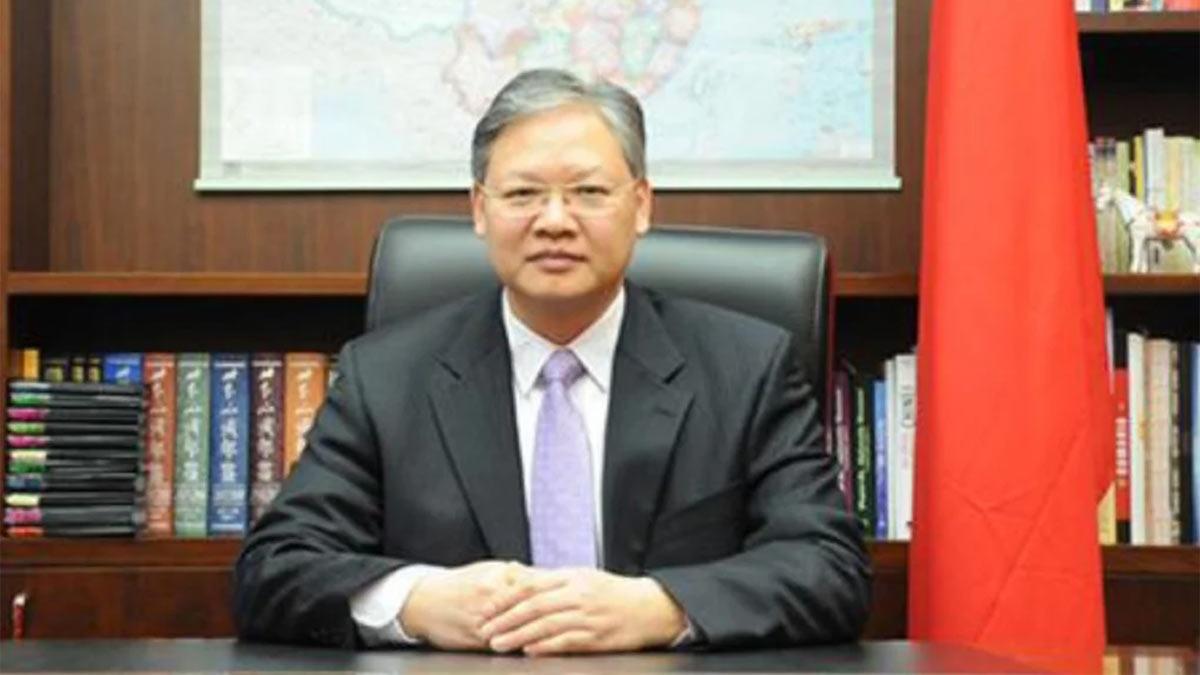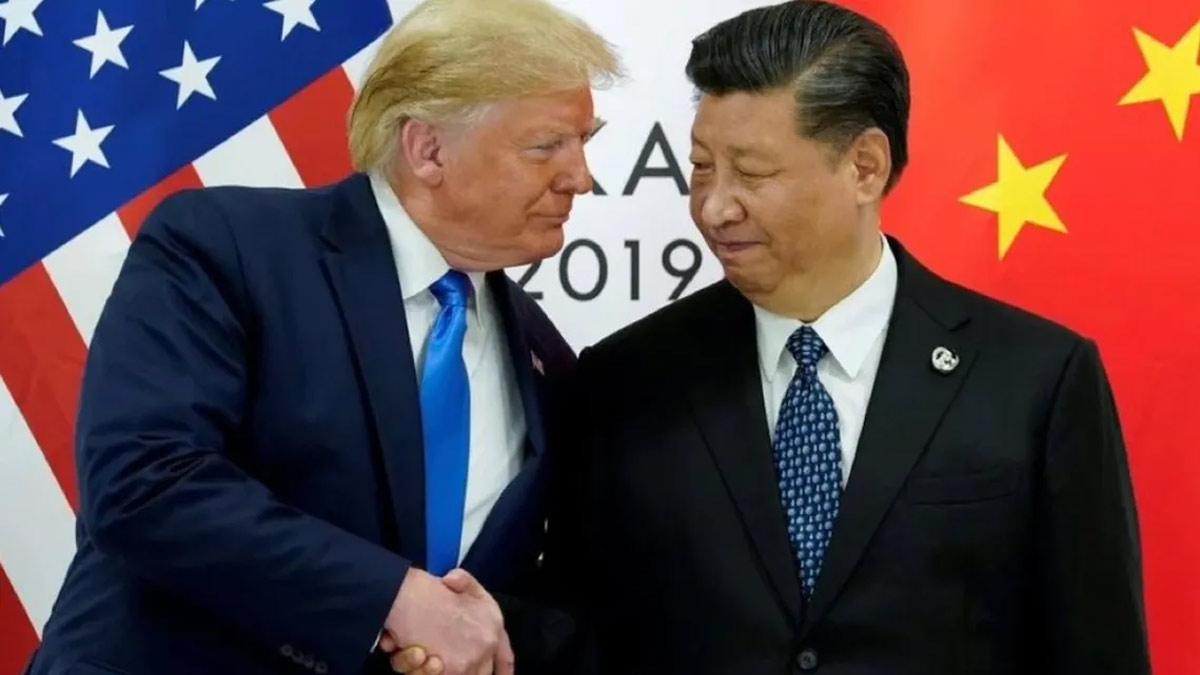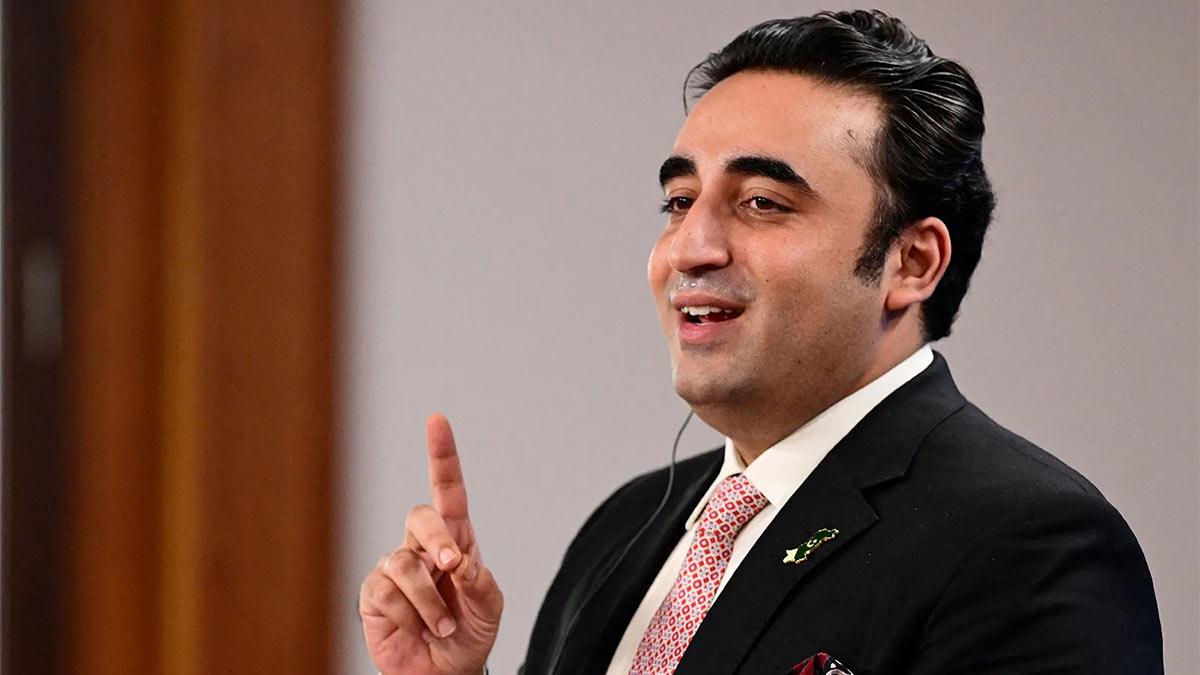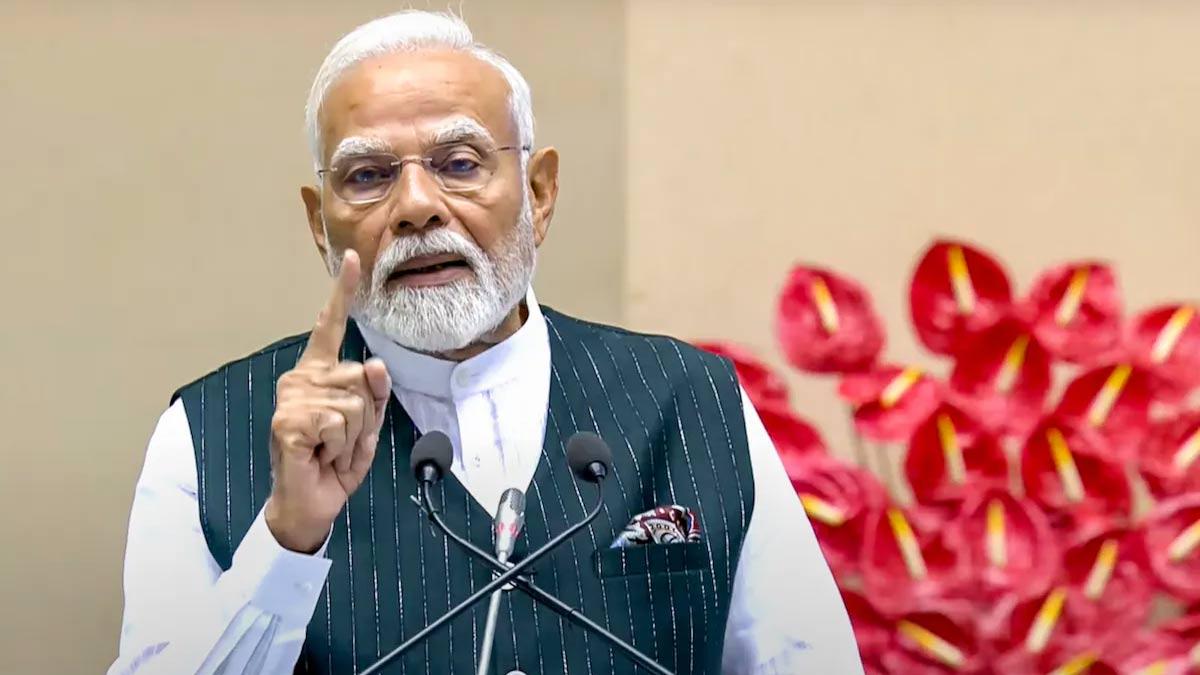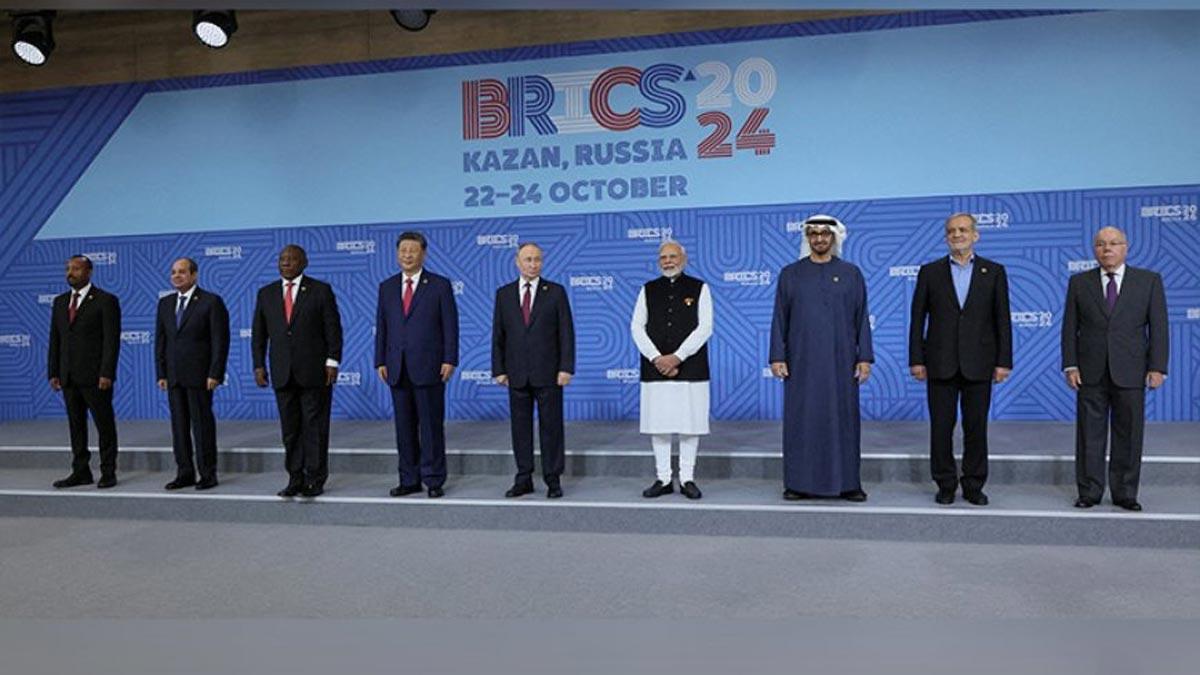India-China ties, considered among the world's most important bilateral interactions, are entering a "phase of recovery," Chinese envoy Xu Feihong said on Tuesday.
Addressing a function held by the Chinese embassy to reinforce relations between young people of both countries, Xu mentioned recent diplomatic exchanges, such as the Special Representatives (SR) meeting on the border problem and talks under the foreign secretary–vice minister mechanism. These interactions, he added, had resulted in some understandings regarding the boundary problem and provided a chance to re-establish relations.
His remarks come against the backdrop of continued attempts by both nations to normalize relations after a decision in October 2024 to stop the military standoff on the Line of Actual Control (LAC) in Ladakh.
"China-India relations are entering the phase of recovery. We will celebrate the 75th anniversary of the establishment of diplomatic relations this year," Xu said.
Highlighting the importance of this relationship, he termed the relationship as one of the most important bilateral interactions in the world and said: "A stable and healthy China-India relationship is what the two peoples and the international community expect."
Xu highlighted that both countries need to abide by the understanding of their leaders, respect the fundamental interests of each other, and consider each other's growth as a golden opportunity.
The 23rd Special Representatives meeting on the China-India boundary issue and vice foreign minister-foreign secretary talks were successfully conducted in Beijing, and achieved a series of common understandings on the boundary issue and practical cooperation," he said, but did not detail the nature of these agreements.
It represents, in his view, the key moment at which to revamp relations between the two nations and create further channels for the involvement and coordination of youth.
No response was immediately available from Indian officials to Xu's comments. Still, External Affairs Minister S. Jaishankar has continued to assert that disengagement and de-escalation along the border are "a work in progress." India has also raised concerns over China's intentions to build a huge dam on the upper Brahmaputra in Tibet.
After the decision to withdraw frontline troops from Demchok and Depsang in October, Prime Minister Narendra Modi and Chinese President Xi Jinping met in Russia, where they agreed on a number of steps to de-escalate tensions and move towards normalization.
More diplomatic engagement has followed, with India's National Security Adviser Ajit Doval and Chinese Foreign Minister Wang Yi—who are the Special Representatives on the boundary question—meeting in Beijing on December 18. The Indian Foreign Secretary, Vikram Misri, soon followed with a visit to Beijing for additional meetings with Chinese Vice Foreign Minister Sun Weidong.
India has been consistent in its stand that normalization of relations with China depends on maintaining peace and stability along the border areas.
Read also| Ending Ukraine War in Russia’s Interest, Says Trump After Meeting Macron

